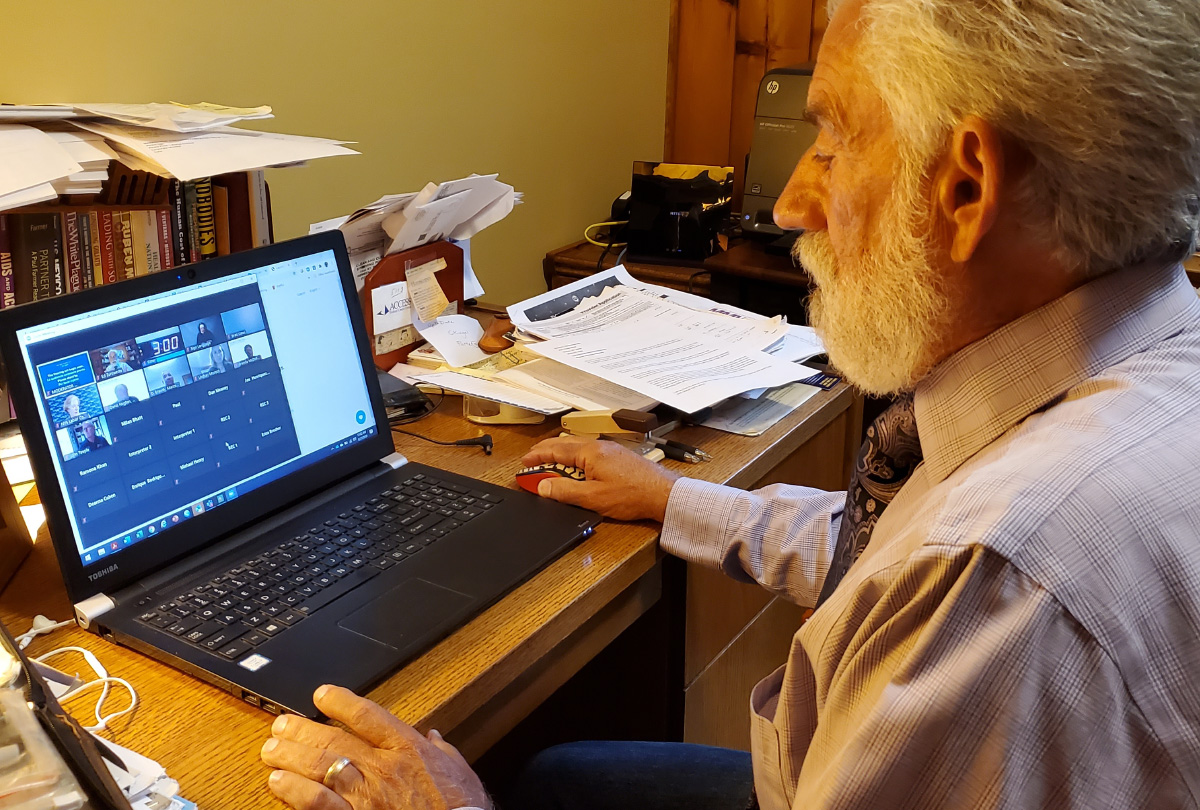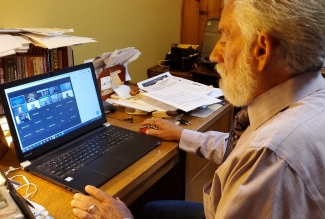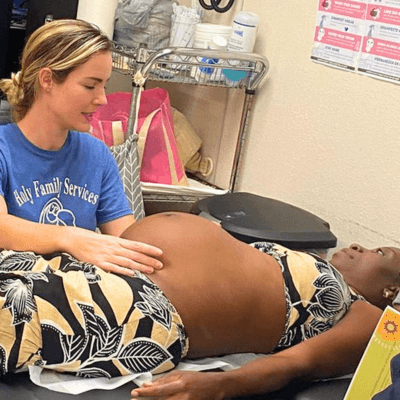MCN’s Dr. Ed Zuroweste to New York State Labor and Wage Board on Overtime: “We Cannot Continue to Abuse Farmworkers”

[Editor’s note: Back in March, MCN’s Ed Zuroweste, Founding Medical Director, was slated to testify to the New York State Labor and Wage Board on a proposed 60-hours-per-week threshold over which time-and-a-half must be paid to farmworkers. The testimony was postponed because of the pandemic. Dr. Zuroweste was able to testify last week virtually, from his rural home in upstate New York, right before a storm took out his electricity. Below is the transcript of his testimony. Farmwork is one of the few professions that is excluded from overtime pay. Some states have implemented overtime for farmworkers. You can learn more about farmworker health on our Environmental and Occupational Health page. Read more about the impact of wage and hour laws in this article, cowritten by MCN’s Amy Liebman, Director of Environmental and Occupational Health.]
My name is Ed Zuroweste. I’m a Board-Certified Family Physician with over 40 years’ experience in providing primary care, and I’m also the Founding Medical Director of Migrant Clinicians Network, a nonprofit focused on migrant health and health equity.
I grew up on a farm in Ohio. My first paying job, when I was 14, was spent bending over 12 hours a day picking strawberries. Then, in college, I worked alongside migrant farmworkers for two summers, harvesting tobacco in Kentucky. I remember how physically exhausted I was -- I never did any work as hard and dangerous as those two jobs.
And so, after I became a medical doctor and started taking care of farmworkers in 1980 in rural Pennsylvania, I could really relate to them because I had, if briefly, done some of their very hard work.
And, over these past 40 years, I’ve seen farmworkers again and again with debilitating musculoskeletal injuries and repetitive stress injuries from harvesting, trimming, and loading crops at high speeds for many hours at a time and many days in a row.
Unfortunately, the limited research on farmworkers has not focused on the effect of long working hours on a farmworker’s health, but we do know that farmwork has one of the highest mortality rates of any industry in America, and data from the CDC show that about 100 farmworkers suffer a lost-work-time injury every single day. Research shows that orchard fruit harvesters, like those across New York State, who work with raised arms, repetitively forceful lifting, and pressure on the shoulders from fruit bags have long lasting health effects (Fulmer, Punnett, Slingerland, & Earle-Richardson, 2000).
I can say from my years in clinical care, long hours can only make these very common and painful farmwork-related injuries worse.
Limiting the hours of workers has been a cornerstone of our labor law since the 1930s. And, given the dangers of farmwork, it’s concerning to me that we continue to make these work-related exceptions for agriculture.
Certainly, we do have the data on overtime from other industries. A meta-analysis found that most studies showed overtime was associated with “poorer perceived general health, increased injury rates, more illnesses, or increased mortality.”
We’ve taken these data, which demonstrate the risks of overtime, and we as a society have largely moved away from work weeks longer than 40 hours without overtime payments, because we know that it is dangerous for our health.
I come from a farming family. I really sympathize with the struggles that family farms in New York have in making farming work, and I understand that worker payments are a significant component of the business -- but we cannot continue to abuse farmworkers, putting their health at risk without giving them parity with other industries. We cannot single out one labor group, whose work is particularly strenuous on the body and for which overtime can mean compounding significant physical strain or injury, and say that overtime should not apply the same way.
Like what you see? Amplify our collective voice with a contribution.
Got some good news to share? Contact us on our social media pages above.
Return to the main blog page or sign up for blog updates here.
- Log in to post comments






